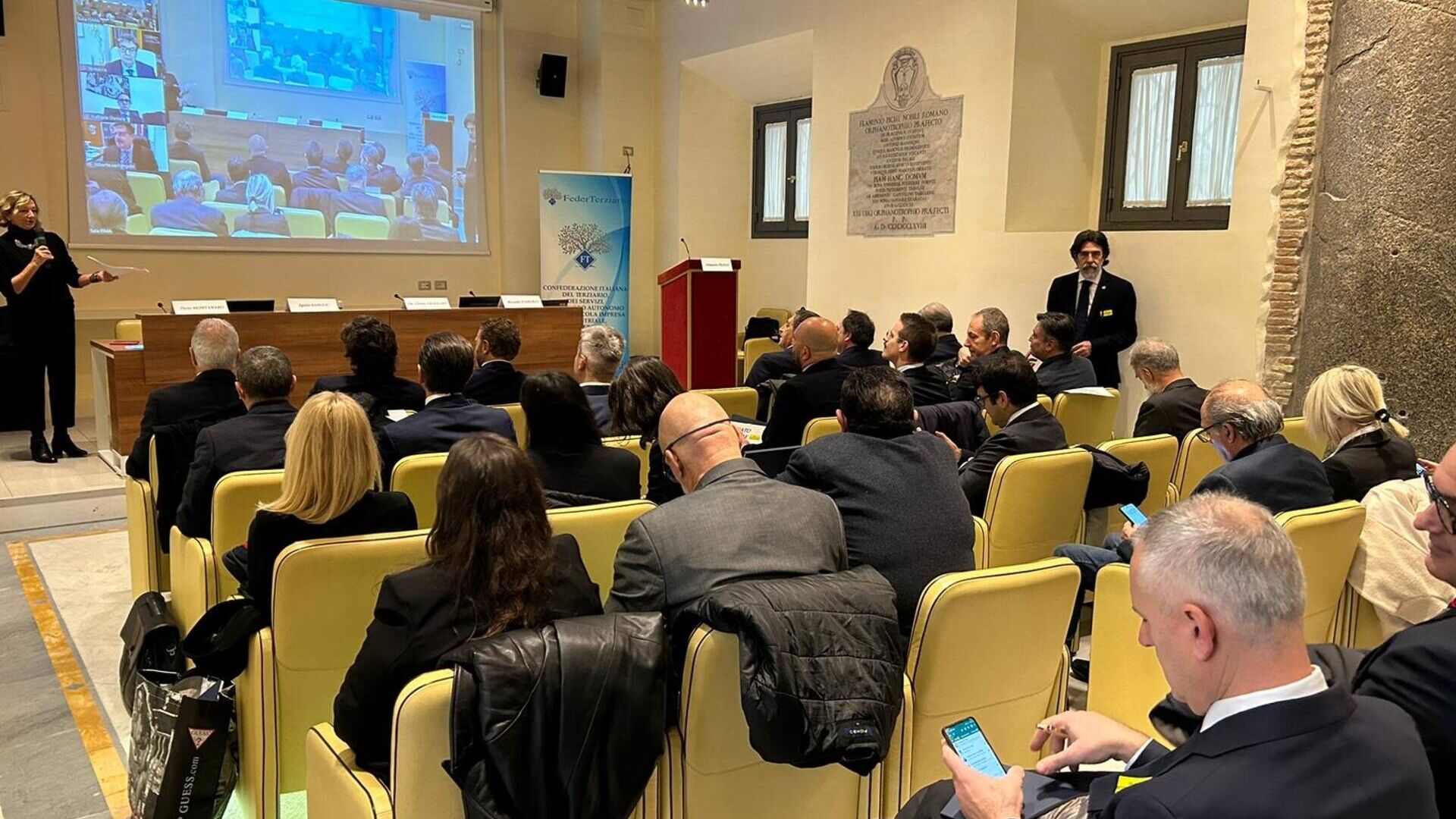Google revolutionises links: what changes for rel
Google defined it as a real one link revolution, and the SEO community is quick to take note of it to transform this new diktat into a fruitful opportunity for new positioning opportunities.
The new update, co-written by Danny Sullivan and Gary Illyes, reveals in fact that important updates to the dreaded link system:
- Nofollow will be a suggestion for the search engine
- They have been created two new and different rel for defining the nature of the link
Let's see specifically what the Official Google blog post.
The new “nofollow” rel
The cousin rel "nofollow", friend of all, has changed its face. The two authors of the article explain that it was introduced about 15 years ago as a tool for fight comment spam and, in a short time, it has become one of the most effective tools for marking advertising or sponsored links and immediately reporting them to Google. With the latest update though, “nofollow” has become nothing more than a suggestion, officially entering a much more nebulous position from an SEO perspective. According to what was also declared by John Mueller, therefore, the nofollow rel will no longer be an imposition from above, but a suggestion to the search engine not to follow that particular link anymore. However, Google may still decide to use nofollow links to rank a page.
What does it mean? It means that all links, even those marked as "nofollow", can have an impact on on-page SEO and, consequently, on the positioning and link building strategy of a website. This also applies to spam links and applies both positively and negatively.
New attributes: sponsored links and ugc
In order to avoid the "spam" catastrophe, Google runs for cover and introduces two new attributes, the first of which is the rel = ”sponsored”, followed by a wheel from rel = ”ugc”. These are two new alternative values capable of recognizing advertising links (sponsored) and those generated by users (user generated). This intervention will allow the system to recognize and process the links more precisely for the purpose of a ranking analysis.
Why the change? The implications
According to the post, the decision of turn rels into suggestions arises from the fact that this new regulation can help Google analyze and use all the links within its systems in a more appropriate and better definable way. This will allow the algorithm to make a more informed and thorough decision about links, identifying more easily i unnatural connections.
Le implications of this change they are very many and mainly concern policies created to combat and discourage spam. Furthermore, this system allows for better flexibility in the determine the weight and value of backlinks within a website. Let's think, for example, of Wikipedia, which uses the nofollow attribute for any link pointing outside the portal. From March 2020 onwards, all online encyclopedia links may be evaluated for ranking purpose. Such a scenario could therefore be destined to revolutionize the rankings. It is difficult to make precise predictions.
For the record, Googlers also inform that the value of the anchor text remains decisive and unchangedregardless of the relay used.
Updates: since when?
The new rel attributes are in operation and can already be used from today, September 2019. As for nofollow as a suggestion, it will be necessary to wait for the first days of March 2020.
The changes to be made on your site
Those who wish can already use the new rel attributes to obtain perfectly valid attributes that can be combined with each other. For example, rel=”ugc sponsored” will be considered user-generated and, at the same time, also sponsored.
As far as nofollow is concerned, we would like to reassure webmasters and SEO specialists: at the moment no link work is required as the attribute will continue to be supported on a regular basis. This is always true, except when the management of a site has not decided to make extensive use of nofollow to block indexing of a page. In this case, in fact, it may be necessary to use more complex mechanisms, such as file.robots.txt, meta tags or whatever.
You may also be interested in:
Persuasion or manipulation? Genesis and historical impact of PR
This is how Public Relations, from the sophistic dialogue of ancient Greece to the current digital era, continues to offer continuous innovation
Young people and cryptocurrencies: how to find out more about Bitcoin…
Introducing kids to digital currencies and Blockchain can be an exciting endeavor, given their affinity for technology and innovation
“The patient at the centre”: a great hope and a meeting in the Senate
The topic of the importance of innovation in medical devices for European healthcare will be explored on 15 May in Rome by experts and politicians
by Alberto NicoliniEditor of districtbiomedicale.it, BioMed News and Radio Pico
Four countries, one gigantic ocean: the CMAR case
It is the marine corridor of the eastern tropical Pacific: Panama, Ecuador, Colombia and Costa Rica allied for the protection of seas and marine species...




